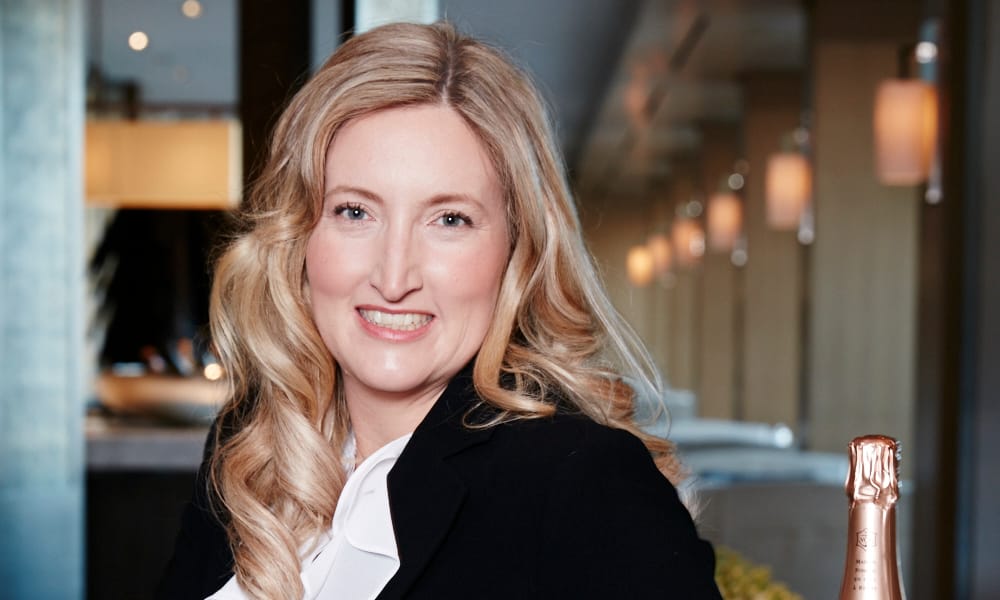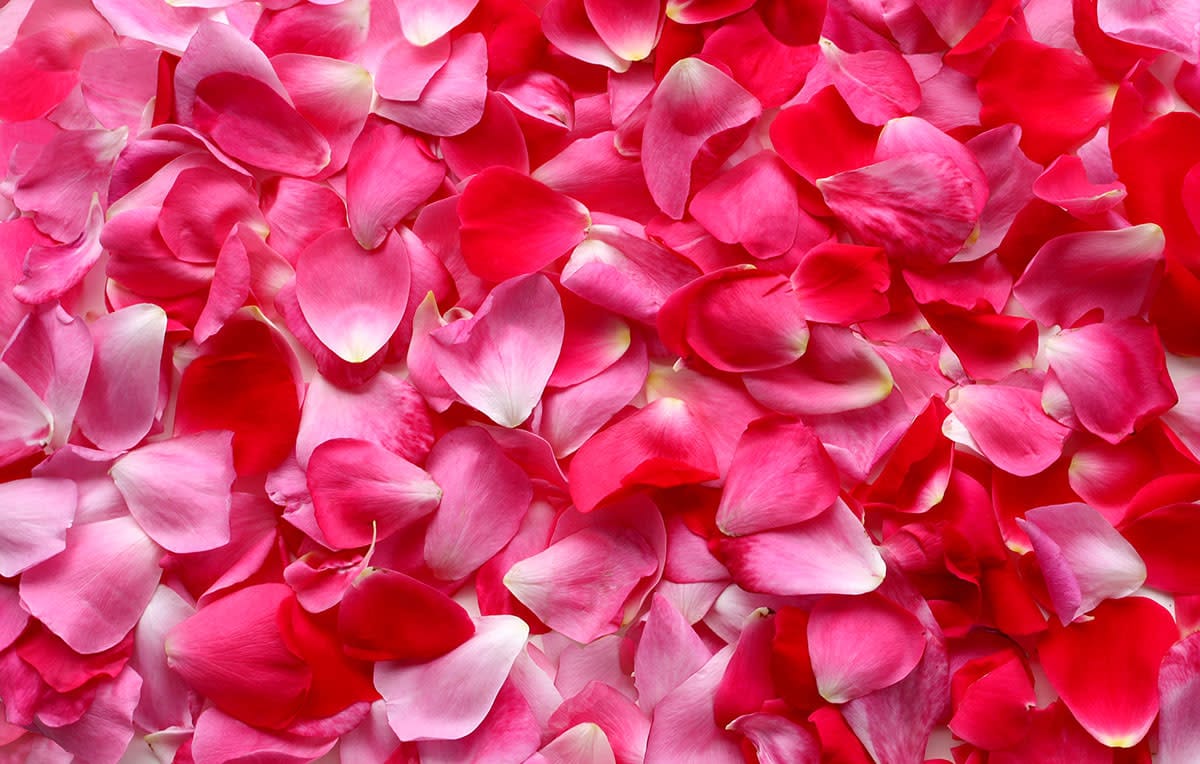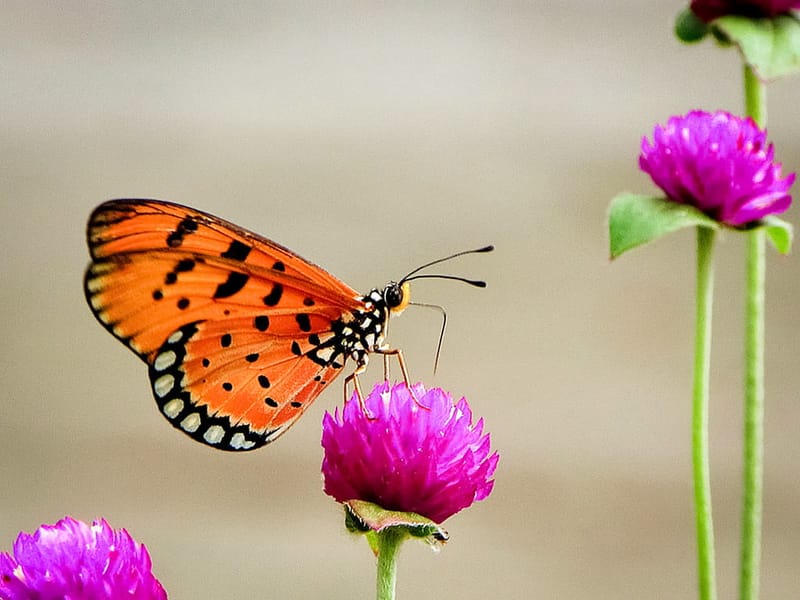
In May this year she changed her middle name and surname – by deed poll – to Sarah Rose Bloom. This is fitting, as Ms Bloom, a former Monash University student leader and part of this week’s Global Leaders' Summit, operates one of the world’s most successful rose petal farms. The roses bloom, she sells the petals all over the world, and thus she is now known as Sarah Rose Bloom.
“Some people have asked me if it's a marketing stunt, and it absolutely is not,” she says. “It's more just a personal thing that came about after my divorce. I said to myself that 2018 was going to be the year I would bloom – it sounds cheesy, I know, but I promised myself that this was my year, when I become my own person. Amazing things have happened since. Anything is possible now. Oh, my gosh, it’s been quite crazy, actually. For me it’s been a really positive thing.”
Sarah founded her business, Simply Rose Petals, in 2004. She co-owns it with her mother, Jan, and it's run from the same farm in Swan Hill, in northwestern Victoria, on which it was founded. She grew up on the property, but at the time it was used for beef cattle and horses. Her mother started growing roses there to sell them as fresh-cut flowers in the early '90s.
"Mum thought I was crazy, but the timing was perfect – it seemed like just what the wedding industry was going to need."
Sarah graduated from Monash with a science degree. While a student she lived on campus and helped the ski club as social secretary, and the women’s tennis team as captain.
When she finished her degree she travelled overseas, then returned home to Swan Hill. Skilled work was hard to find. Sarah had four part-time jobs on the go, but there were 1000 rose plants growing in a paddock; they were not, by then, being used commercially.
“I said to Mum, ‘Why don’t we do something with the roses?’” she says.
So that’s what they did – but immediately found it challenging due to issues, in one of the remotest pockets of the state, with freight and water quality. Sarah researched other commercial uses for roses, and settled on the petals.
“It was just at the time that a lot of Australian wedding venues were banning paper confetti,” she says. “Mum thought I was crazy, but the timing was perfect – it seemed like just what the wedding industry was going to need.”
The pair came down to Melbourne on an unrelated trip and walked past a billboard advertising a huge bridal expo. Sarah called the organisers with her idea, and they signed a contract that day to exhibit the nascent rose petal business at the expo. Almost immediately the orders started coming in, and they haven’t stopped.
The company now has 6000 plants in Swan Hill serving the domestic wedding and event industry (including on TV shows The Bachelor and Dancing With the Stars) and exporting around the world.

Sarah Rose Bloom was this year named in Australia’s top 50 small-business leaders. She's won both Churchill and Nuffield fellowships, and represented Australia at farming and innovation events globally. She's a regular speaker on innovation, entrepreneurship and e-commerce from her perspective as a young, rural businesswoman.
The company now makes an array of products from the rose petals – including freeze-dried, fresh and confetti. It also does hydrangea petals, and supplies hand-held cannons that shoot petals out at events such as weddings.
Recently, they've started producing freeze-dried edible flowers that are in high demand from cocktail bars, cake-makers and restaurants. Through a partnership with Foodbank, Australia’s largest hunger relief organisation, a meal is donated to a person in need for every packet of edible flowers sold.
It's the perfect illustration of the maxim ‘from little things big things grow’.
Thinking big
“One of my core beliefs,” Sarah says, “is that small business has to think globally these days.
“There are the opportunities to think globally in the digital era, but you have to compete globally as well. That is definitely a challenge for us. We are constantly innovating. We always have something in the pipeline that our competitors are not doing, and that keeps our customers coming back to see what’s next.”
Her business philosophies are the same as her personal philosophies. Challenge yourself. Self-reflect. Try to grow and constantly learn.
“Those things are equally important, if not more important, than anything you can learn about business,” Sarah says.
“The challenges I've faced have helped me grow, in a hard way, but they've given me the opportunity for self-reflection. If everything ticks along well all the time, you don’t reflect.
“The hurdles that I've faced really delivered our growth. Personal growth is business growth.”





